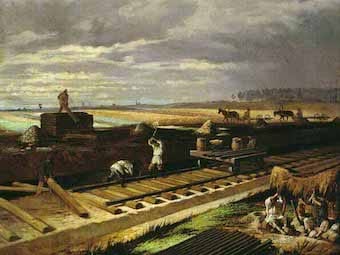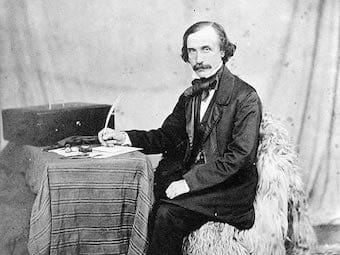Early in the Great War, Scottish historian Ian Colvin looked back at trading bloc known as the Hanseatic League, which by the fifteenth century had acquired a monopoly on Baltic trade. So essential were goods from that region for food, for shipping and for basic amenities like lighting that German merchants exercised almost complete control over English trade and shipping.
From their base in the heart of London, the Steelyard, the Hanse merchants conducted their profitable trade largely free from taxes and even the jurisdiction of English courts. The Germans demanded such exclusivity that English trade with southern Europe was almost extinguished, and breaking free from the Hanse became Tudor England’s a matter of urgency.
115 words



